#traditore
Text
Quello stronzo del mio ragazzo è venuto qui da me, tempo un giorno ed è stato febbricitante, migliorato e bum ieri sera oh no non sento i sapori. È positivo. Scampato per tutto questo tempo e prendo sto virus da quello che credevo fosse il mio alleato #1.
Così ho già messo in chiaro che vorrò un regalo.
41 notes
·
View notes
Text
Solo nei regimi illiberali il Governo coincide con la 'patria'. Criticare il Governo del proprio Paese non ti fa diventare 'traditore', quando si è in Democrazia.
Nazismo e Fascismo sono dittature, non 'democrazie alternative'.

15 notes
·
View notes
Text

#frasi#citazioni#dire#chi#non#potere#fare#meno#tradire#tradimento#traditore#traditrice#essere#incapace#amare#amore#prossimo#spesso#no#è#capace#amori#sé stessi#serena ma troia#serena#troia
8 notes
·
View notes
Text
Il dolore è traditore. Viene fuori piano piano.
#cit#citazione#citazioni tumblr#frasi#frasi tumblr#frasi film#film#sulla mia pelle#dolore#traditore#venire#fuori
3 notes
·
View notes
Text
Il traditore
Una particolare personalità narcisistica è quella del traditore. Il traditore è scaltro e imprevedibile, come ogni narcisista. All'inizio lo avete considerato un amico, una persona con cui confrontarsi, fare progetti, a cui chiedere consigli, con cui potersi lamentare di tutto. È diventato il vostro confidente, sempre pronto ad ascoltare, sempre pronto a darvi ragione. Si è mostrato sempre d'accordo su tutto, anche troppo. Ha cominciato sin da subito a dirvi quanto vi stima e si sente in sintonia con voi. Vi ha dato modo di aprirvi senza difese, sospetti o cautele. Lo avete fatto per un motivo fondamentale: perché quando lui si lamenta diventa implacabile, velenoso, assoluto. Non salva nessuno, tranne voi, il suo vero amico. State attenti, perché se ancora non l'avete capito, è un autentico stronzo. Ricordatevi che la prossima settimana, quando lui andrà a prendere il prosecco con qualcun'altro, sareste voi stesso l'oggetto del suo veleno.
Chi comincia ad adularvi sin dall'inizio del rapporto, vi sta ingannando perché vi apprezza senza preoccuparsi di conoscervi.
— Luca Stanchieri, 101 modi per liberarti dagli stronzi.
#tumblr#italy#frasi#citazioni#frasi italiane#frasi tumblr#pensieri#stronzi#bugiardi#lavoro#inganno#manipolazione#colleghi#narcisisti#fiducia#rapporto#traditore
16 notes
·
View notes
Photo

https://davventura.altervista.org/dof-matafleur/ Nel #romanzo la scena del #combattimentoaereo tra i #draghi è presente ma quelle ultime ore hanno avuto un andamento molto più vivace grazie all’intraprendenza della coppia #Fizban-#Tasslehoff che che si erano allontanati il giorno prima dal resto del gruppo; e poi il lettore aspetta ancora di sapere chi è il «#traditore» https://www.instagram.com/p/CnUk1paoZUG/?igshid=NGJjMDIxMWI=
0 notes
Text







Animorum nulla in terris origo inveniri potest.
—Cicero, Tusculanae disputationes I : XXVII. 66
#the origin of the soul cannot be found on earth#traduttore traditore#dark academia#dark acadamia aesthetic#grey academia#classic academia#classical studies#classics#dark aesthetic#quotes#latin#lingua latina#moodboard#ἐποίησα
186 notes
·
View notes
Text
@its-m-miracle asked me which translation of Ponniyin Selvan I had read and the answer is a lot of different ones.
I started with this one:
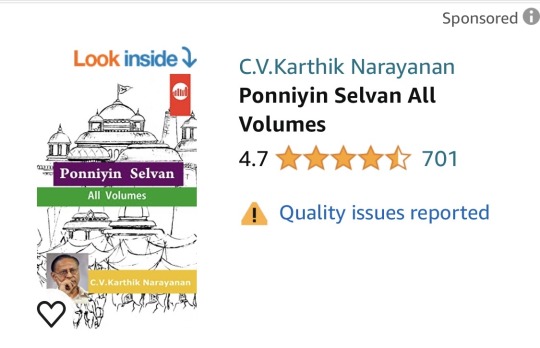
But I found it a little stilted, and not engaging, so I switched to this:

Which was very good - in terms of readability language etc in English. Unfortunately, Nandini Krishnan has only translated the first volume so far so I had to look for a different translation of volumes 2-5.
I found this one after reading the author’s essay about Vanathi which I liked a lot:
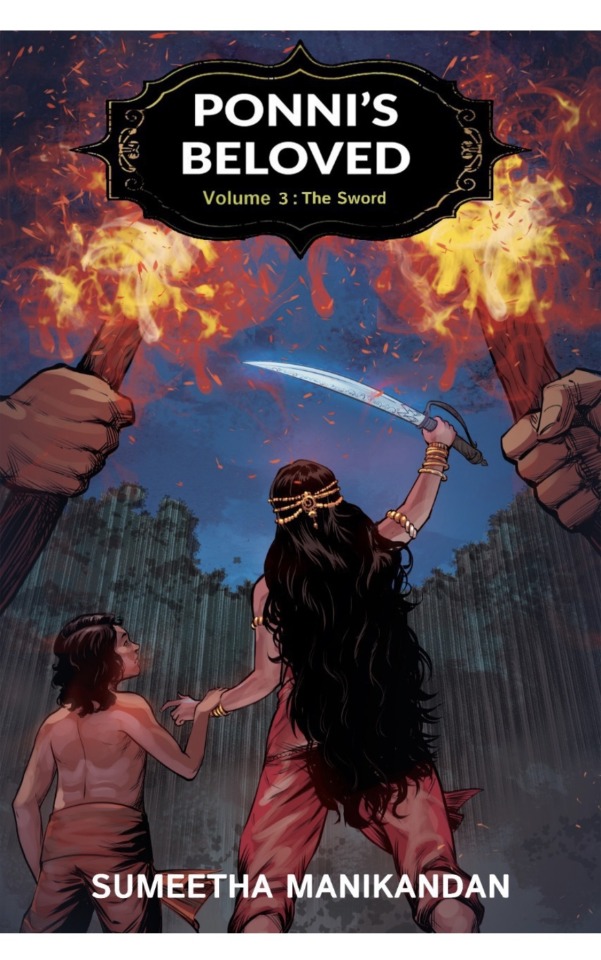
Then I decided to reread but didn’t have time for the full five books so I started reading this abridged translation which is also quite good (though here and there I find some of the vocabulary a bit too modern, mostly I think this is very well done!)
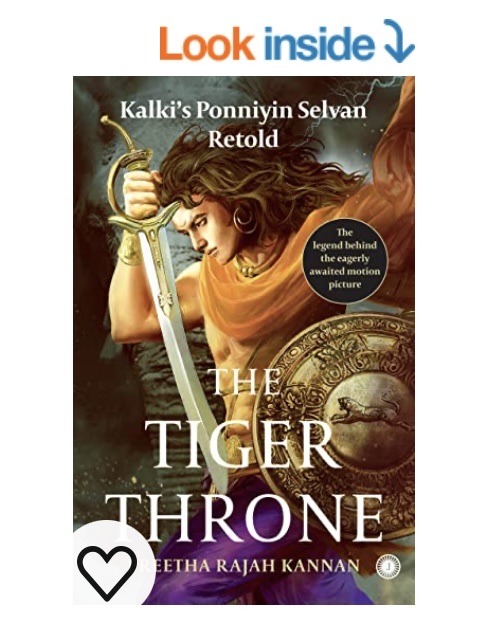
The author is Preetha Rajah Kannan.
So I hope that helps!
17 notes
·
View notes
Text
[FR] Envie d'en savoir plus sur les personnages de la Spirale de Sang? Découvrez la traduction en français de la rubrique sur le sujet issue du magazine italien Huntik Secrets & Seekers n°18! Un grand merci à Fabry pour tout les scans!
[EN] Do you want to know more about the characters of the Blood Spiral? Discover the French translation of the article about them from the Italian magazine Huntik Secrets & Seekers n°18! Special thanks to Fabry for the scans!
#huntik#huntik secrets and seekers#huntikfrance#huntik france#huntikmagazine#huntik magazine#blood spiral#spirale de sang#spirale di sangue#le traître#il traditore#the betrayer#rassimov#harisson#harrison fears#tantras#kiel
8 notes
·
View notes
Text
Bad translations by incapable professionals piss me off of course, but translators who are capable and yet consciously betray a text baffle me... I just found out that in one of my favorite crônicas by Clarice Lispector, one I wanted my wife to read, the translator translated “nunca tive piedade na primavera” (smth like “I have never felt pity in springtime” or “I never feel pity in the spring”), a phrase the author repeats four times in a single paragraph, as “Ive never pitied the spring” 😭 literally why would you do that, it changes completely the meaning of the text!! It fucks me up that it is clearly a choice and not a mistake... No idea why it affects me so much every time, but this type of intervention on behalf of the translator is so...!
#tradutore traditore#translation#languages#portuguese#it's not SPRING she doesn't pity#winter is the time of pity but in spring time she bites half of a fruit and throws the other half away...#she wakes up her loved one when they're asleep and she regrets nothing bc she feels no pity in the spring#shakes translator by the coat lapels#inane post#clarice lispector#suite da primavera suiça
41 notes
·
View notes
Text
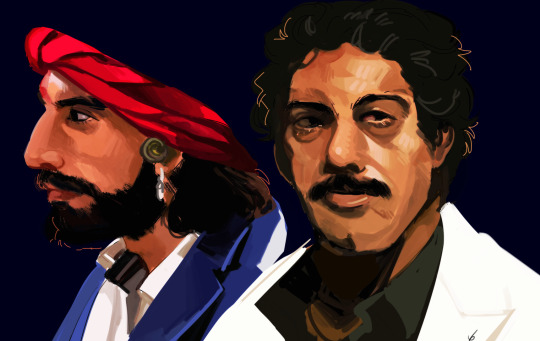
tommaso buscetta and ram from namely il traditore (2019) and ram leela (2013) bcs they are both my favourite movies ever and bcs they are both mafiosi who went against tradition
#il traditore (2019)#ram leela (2013)#ram rajadi#tommaso buscetta (il traditore)#not the actual. like not the actual guy.#ranveer singh#pierfrancesco favino
27 notes
·
View notes
Text

#frasi#citazioni#carla santantonio#peggiore#azioni#azione#essere#tradimento#traditore#traditrice#compiere#verso#persona#persone#avere#concesso#fiducia#serena ma troia#serena#troia
14 notes
·
View notes
Text


Kirito: "...Oh right, Oniwaka-san. What should someone without any [fated connection] do?
Oniwaka: "...What?"
Kirito: "I know, I... can't make fated connections with anyone. Because this is the [Role] I was born with."
Kirito: "Tossed out like garbage the moment I was born. Without anyone caring about whether I lived or died, to ultimately die all alone."
Kirito: "For someone with this kind of garbage [Role]––really, what should they do?"
So the Chinese translation of that scene in Chapter 8 (emphasis mine).................
It's really interesting how differently he comes across here, compared to the English version. Here, he's a lot more resigned, honestly seems more hurt about it all. In the English version, his upset/resentment comes out a lot more spiteful. (May be of interest that for these particular lines, the Chinese translation seems closer to the original Japanese. I didn't check for the other ones though.)
He's also a lot more playful with Oniwaka in the Chinese version. There's this phrase he uses (讨厌啦) when Oniwaka asks him who he's working with (and Chinese Oniwaka doesn't say "bullcrap," he simply asks who told Kirito about all that) that's like... bordering on flirty, even though it's usually used in a joking manner. And his reply borders on self-deprecating lightheartedness: "C'mon, I don't have the ability/standing to work with people, you know my Role, I'm just being used. Of course, I'll just have to make use of them too."
The later lines are interesting too. There's the implication that MC themself will be the one severing their connections to those at their side. And Kirito doesn't really refer to MC as garbage: he equates their status (once they've lost all their connections) to garbage, but that's it. He doesn't call them scum either. His taunt ("How's it feel now, huh?") remains just as smug, but the vibe is more like someone gleefully interviewing an idiot on live TV while still maintaining an air of detachment/professional curiosity.
It's all very interesting to me. I would love to know how Kirito comes across in the original Japanese.
#housamo#main quest lore#character trivia/speculation#tachihara kirito#listen i know he's a piece of shit but he's my failswag babygirl. my pathetic little princess. look at his sad wet muchacho eyes.#can't wait to smooch his cringy denial-ridden face for ch14 exception#also the fact that cn oniwaka is both more eloquent and less hotheaded... personality-wise there's a big gap between him and kengo#he doesn't call kirito untrustworthy so much as he says kirito isn't the friendly and caring type and that kirito should stop pretending#and kirito's “you changed” is specifically about how oniwaka now defers to mc (“mc-sama”) when he's never respected authority#well you know what they say#traduttore traditore
7 notes
·
View notes
Text
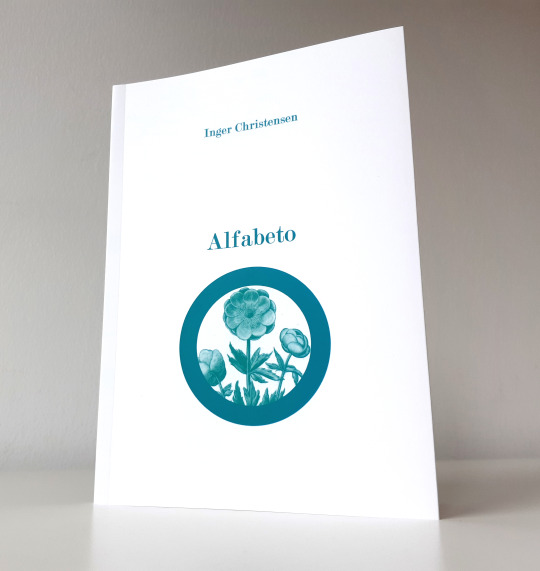
NOVO LIVRO
ALFABETO, de Inger Christensen, tradução de Ricardo Marques
Capa a partir de gravura de Basilius Besler
Edição em português
Tradução do inglês e do espanhol
/// Colecção Traditore, #17
https://livrosnaoedicoes.tumblr.com/post/739804281203556352/colecção-traditore-17-alfabeto-autora-inger
Alfabet [Alfabeto], publicado em 1981, é a obra mais conhecida e traduzida de Inger Christensen.
Trata-se de um longo poema sobre a fragilidade da natureza perante as ameaças humanas da guerra e da devastação ecológica. De modo a salientar a perfeição e a simplicidade de tudo o que existe, a autora decidiu estruturar a sua obra de acordo com a sequência de números inteiros de Fibonacci, que está na base de muitas das formas do mundo natural (como a geometria da pinha, do olho do girassol ou do interior de certas conchas). Como tal, Alfabeto apresenta catorze secções, desde a letra A à letra N, sendo que o número de versos de cada uma é sempre a soma do número de versos das duas secções anteriores. Ao longo destes capítulos, cada vez mais extensos, Christensen vai assim nomeando todas as coisas que compõem o mundo.
Este livro, verdadeiramente genesíaco, é a primeira tradução integral para português de uma obra sua.
Inger Christensen (1935-2009)
Poeta dinamarquesa, nascida em Vejle.
O seu trabalho explora as ligações entre o som e o significado e desafia as fronteiras tradicionais entre géneros literários, muitas vezes de forma lúdica.
Christensen aplicou estruturas repetitivas nos seus livros (como em Det [Isto], de 1969), construindo uma obra profundamente influenciada pela Matemática e marcada por uma aguda consciência linguística e ética.
À data da sua morte, era considerada uma das mais importantes poetas experimentais do século XX, tendo sido indicada várias vezes para o Prémio Nobel da Literatura.
A Inger era uma pessoa adorável e uma escritora maravilhosa. Sempre acreditei que lhe fosse atribuído o Prémio Nobel. Quando ela morreu (…) eu disse: ‘deixaram que a Inger morresse’. Eu não me importava de ter esperado. Podia receber o Prémio mais tarde ou talvez nem sequer ganhá-lo. Mas eu queria mesmo era que ele fosse para a Inger. (…) Ela não era nada pretensiosa. Era uma escritora brilhante mas, ao mesmo tempo, uma pessoa tão normal. Era incrível. Talvez ela possa estar a ouvir-nos. Eu não acredito em Deus e não sou supersticiosa. Mas pela Inger estou disposta a ser um pouco supersticiosa.
Herta Müller (Prémio Nobel da Literatura 2009)
/// Pedidos via [email protected]
/// A partir da próxima semana nas livrarias habituais: https://naoedicoes.tumblr.com/livrarias
#poesia#livros#novidade#novo livro#colecção traditore#não edições#inger christensen#tradução#Ricardo Marques#Alfabeto
5 notes
·
View notes
Text
talking about translation & it's really solidifying my Homer ≈ Dumas [here standing in for historical fiction writers in general] theory:
homeric greek is a constructed artistic and epic language that no one really spoke: it's used to set these mythic heroes and gods apart and signal the kind of story you're in --
-- the same way that the way people speak in historical fiction is much more about the way people in the writer's time think that people in the historical period spoke than about the way they spoke in that historical period.
42 notes
·
View notes
